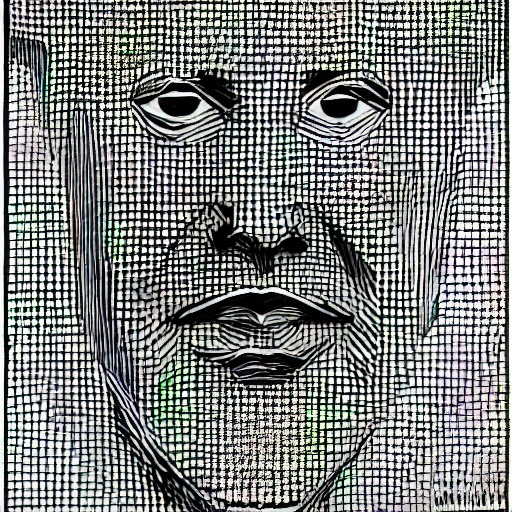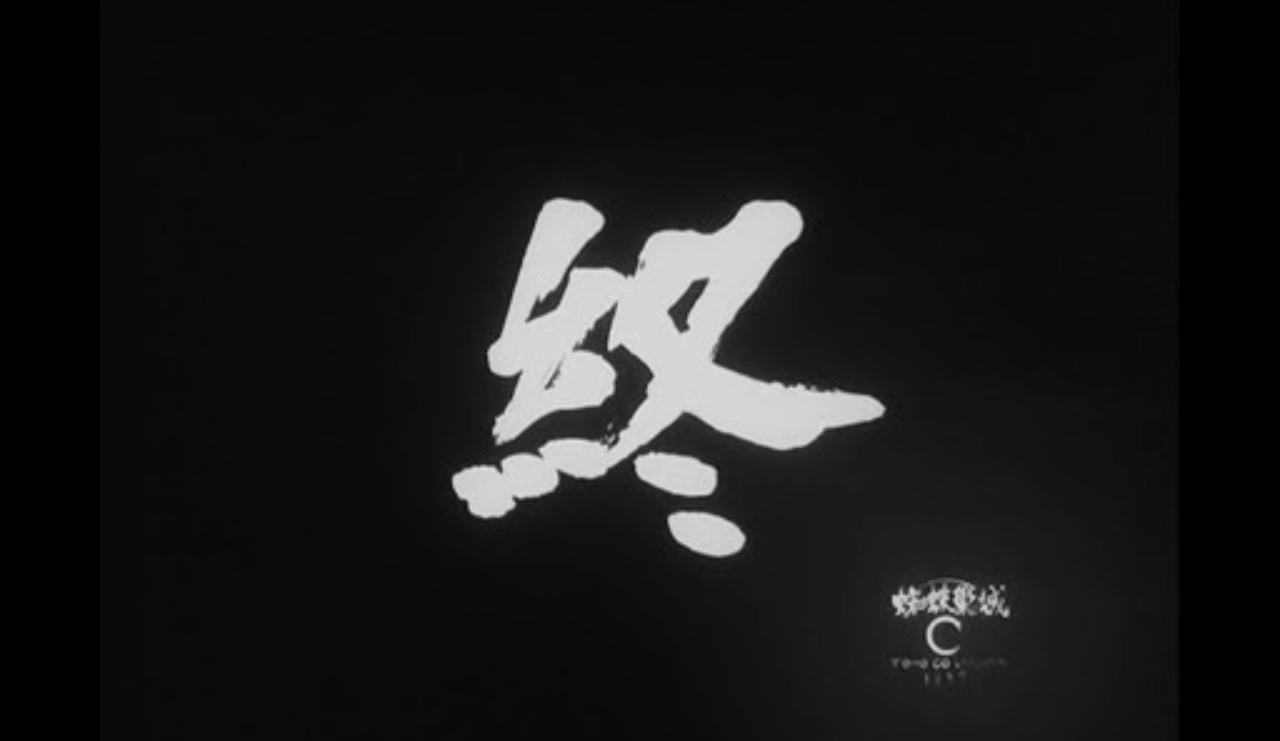Bonus points for any books you believe are classics from that time period. Any language, but only fiction please.
I’m really excited to see what Lemmy has.
Terry Pratchett.
Agreed, I’m most of the way through The Colour of Magic and I can’t remember the last time I was reading something where at times I have to stop and fully comprehend what I just read because it was so dang well written that I have to go back and read it again immediately.
And you’re on one his weaker books! 🫣
https://www.lspace.org/books/apf/index.html
This link has always been helpful for explaining his books.
That will never end. Every re-read for me is fantastic.
I am on 12 of 42 or however many he wrote, but damn it if his little quips aren’t masteries of word play. So far Sorcery, Wyrd Sisters, and Mort are my favorites.
I tell people it’s like living in a Monty Python universe with a dash of magic.
Be sure to include The Amazing Maurice and Equal Rites and the Tiffany books as well; the only thing YA about them is the ages of their protagonists.
Equal Rites was great! I think that was my first introduction to Granny but I wished there was a sequel.
There kinda is. Esk shows up in I Shall Wear Midnight. Tiffany resolves a lot of the threads left by the witches
deleted by creator
deleted by creator
I’m more of a fan of his later works myself. It trades some silliness for depth as time goes on. And I really loved Susan who you haven’t met yet
Neil Gaiman
Sir Terry Pratchett.
A phenomenal author whose ability to weave a story is fantastic, but was also adept at writing in jokes and references that make re-reading the novels a delight.
He died in 1982 but his works are hugely influential:
Philip K Dick.William Gibson. He’s a huge influence on modern scifi
Not just modern scifi but modern reality.
Thought so too, and looked it up, Burning Chrome is from the 80s.
This was my first thought, but realize he’s probably not well known enough… Yet
Brandon Sanderson
The man is a top flight book generating machine. Where he’s taking the Cosmere, I don’t know, but I’m gladly awaiting for the novels he’ll write the in future to find out. Reading the Stormlight Archive and Mistborn is a joy.
I also really enjoyed how he wrapped up The Wheel of Time. He is much less reluctant to kill off characters than many other authors, and that series needed some serious character culling to bring closure.
I’ve got the hardcover for his new mystery novel ordered. Can’t wait for it to arrive and to read it.
Second this one
deleted by creator
I appreciate you naming more than one female author!
really love Butler’s Xenogenesis series!
Douglas Adams is undoubtedly one of the greatest writers of the period.
He is known for light, surrealistic science fiction comedy, not a genre generally considered “high art” but his mastery of language is superb. He is a master of analogies in a way that is both funny but also makes the reader think about the roles and conventions of symbolism in language.
“The ships hung in the sky in much the same way that bricks don’t.”
Oh wow I was legitimately surprised that Adams even fit in this thread. I’d have thought he was a mid-20th century author, writing at around the same time as Tolkien. But nope. The book of Hitchhiker’s Guide came out in '79…
David Foster Wallace
Stephen King
Haruki Murakami
Kurt Vonnegut
Toni Morrison
Just a few names that popped into my head
Edit: some of these are based on popular opinions. For example, I never really got into Toni Morrison
Vonnegut is wonderful but his first book is 1950s and his greatest success is likely the 1960s. Question asked post 1970.
Yeah, I knew he started in the 50s. But you’re right, I looked it up and some of his notable stuff was earlier than I thought
I’m happy to see someone else mention Murakami.
I went on tear in university—a long time ago now—reading everything that had been translated to English by then. And, while they had the most bizarro plots, I found them to be the most compelling reads, wanting to read more and more, until I ran out of things to read.
He definitely deserves a place on this list.
Love DFW
Terry Pratchett (first book 1971 so barely counts haha)
Neal Stephenson
deleted by creator
This book is one of those that just lives in my head, like its scenes and images pop into view whenever I’m thinking of sci-fi, especially cyberpunk.
Snow Crash and Cryptonomicon are among my favorites. I’m also a bit of a sucker for the techno-futuristic theme of the former, and echno-enthusiasm theme of the latter. Growing up as an IT geek in the 90’s made a lot of it strike a home run with me.
Rise and Fall of the D.O.D.O. is pretty cool. It’s written as an epistolary of letters, diary entries, corporate memos, and voicemails, which gives it an interesting and fun angle.
deleted by creator
deleted by creator
I had to scroll way too far for Stephenson. He has some ups and downs (as all creators do), but some of his novels are mind blowingly awesome.
deleted by creator
Diamond Age is my all time favourite (although I read it just one time as I do with all books). In the current age of AI it is very relevant. If nano technology and AI will progress we’ll maybe head into the depicted scenario and I hope I’m still alive then.
Cryptonomicon, Anathem, The Baroque Cycle are wild rides and masterpieces too. Anathem was a bit hard to get into but it got really exciting after the first 300 pages (of ~1000) or so.
Gotta say, every time I go out and look at the moon I can’t help but wonder what would happen if it somehow exploded. Then I find myself wondering why I’m not in an asteroid-mining ship and end up questioning all my life choices.
deleted by creator
deleted by creator
Yes! The Name of the Rose and Foucault’s Pendulum were both great. If you’ve read more of his work and have a recommendation for where to go next I’d love to hear it.
On the topic of Italian authors, I loved Italo Calvino’s “If on a winter’s night a traveler” as well. I didn’t really expect it to pay off as a cohesive work. I was mostly along for the ride and was pleasantly surprised.
Maybe Foucault’s Pendulum wasn’t for me. I recognise the craft and intense research involved, and I loved all the multilingual notes all throughout. But I didn’t really get into it until about page 400.
I know it was meant to put you in the headspace of a conspiracy theorist, but I found the intense detail laboured on the Templars incredibly dull.
The part at the end with the Eiffel tower was great though.
I did not read that book of Calvino (nor have I heard his name) but there exists a free game on steam called “If on a winter’s night four travelers” with very positive reviews which seems to be inspired by the book.
This isn’t a perfect example but Cormac McCarthy has been my favourite author for years now, and his first major work Suttree was from '79.
My all time favourites novel is Blood Meridian from 1985. If you’re familiar with metamodernism, which is basically very modern works that have their cake and eat it when it comes to modernist ideals and postmodern critique, you’d clock that practically every western is either a modernist white hat western or a metamodern “the west is grim and hard, but also fucking cool” western. The only straight postmodern takes on the west that I know of are either Blood Meridian or pieces of work that take direct notes from it, such as the films Dead Man from ‘95 (except maybe the Oregon Trail video game from. 85’). Blood Meridian otherwise is a fantastic novel which meditates on madness and cruelty, religion and fate, race, war and conquest and so many other themes. It also has one of the best antagonists ever written in Judge Holden, a character who I would have called a direct insert of Satan if not for the fact that his deeds and the novel as a whole are closely inspired by true events. I feel the novel takes inspiration from Apocalypse Now, specifically the '79 film and not Conrad’s 1899 novel Heart of Darkness. If you enjoy that film, you’re likely to enjoy this book. The opening and closing chapters are fantastic, but I often find myself re-reading chapter 14. It has some of the best prose and monologues of the entire novel, and encompasses in my opinion the main turning point of the novel.
His other legendary work is The Road, a 2006 post-apocalyptic novel. I’ll talk on this one less but as our climate crisis grows and our cultural zeitgeist swings more towards this being the critical issue of our time, the novel fantastically paints itself as both a fantastic warning to our 21st century apocalypse and the unresolved 20th century shadow of nuclear winter. Despite this, it hones in on a meditation of parenthood and could be considered solely about that, with other themes of death, trauma, survival and mortality being explored through parenthood. Of course the unsalvageable deatg of the world that make the setting also makes this theme extra tragic. There is an adaptation into a film from 2008 but it isn’t anywhere near as potent as the novel and I’d suggest should only be seen in tandem with reading the novel. The prize of this novel has really evolved to fit the novel too. McCarthy is renowned for his punctuation lacking prose, but where Blood Meridian is practically biblical in its dramatic and beautiful prose which juxtaposes the plain and brutal violence, The Road sacrifices no beauty in it’s language but is so somber and meanders from mostly terse to so florid, while also always perfectly feels like how the protagonists are seeing their world.
No Country for Old Men was great too, and it made a better transition to film than The Road, in my opinion.
The Road is perhaps my favourite novel I’ve read. Absolutely haunting
This is a great nomination. His prose is excellent, stories compelling, and writing solid. I’m not actually a fan of his books, but I recognize his superb talent and contributions to modern American literature.
I was looking for McCarthy ITT. I’m going to read Blood Meridian this year after listening to the audiobook years ago. I read The Road around the same time and struggled to get through it because it was so absolutely dreary. I get it obviously I just wanted to say that.
I would recommend also No Country For Old Men as I thought it was all the things McCarthy is amazing at but isn’t so violent as the Judge’s gang or as consistently hopeless as the world of The Road. It’s paced like a thriller while still having an amazing villain. Talking about CM makes me think I should reread these books. I was just out of college when I read/listened to them.
I finished reading them in December, and I’m still obsessed with the genius in The Passenger and Stella Maris. I’ve read the books and listened to the audiobooks. The audiobook for Stella Maris is exceptional.
Cormac McCarthy, wrote some books you might have seen as movies such as The Road and No Country for Old Men.
Blood Meridian or The Evening Redness in the West is a crazy good book.
Two authors I haven’t surprisingly seen mentioned
Neil Gaiman is great. If you haven’t read his works yet, start with *the ocean at the end of the lane". A wonderful, short read.
This second one is going to be controversial.
George RR Martin. The books are actually well written, and yes the final book probably won’t get written, but it won’t take away from your enjoyment. He is a very good writer.
GRR Martin knows how to write people. I think I learned a great deal of humanism just by reading his works alone

















